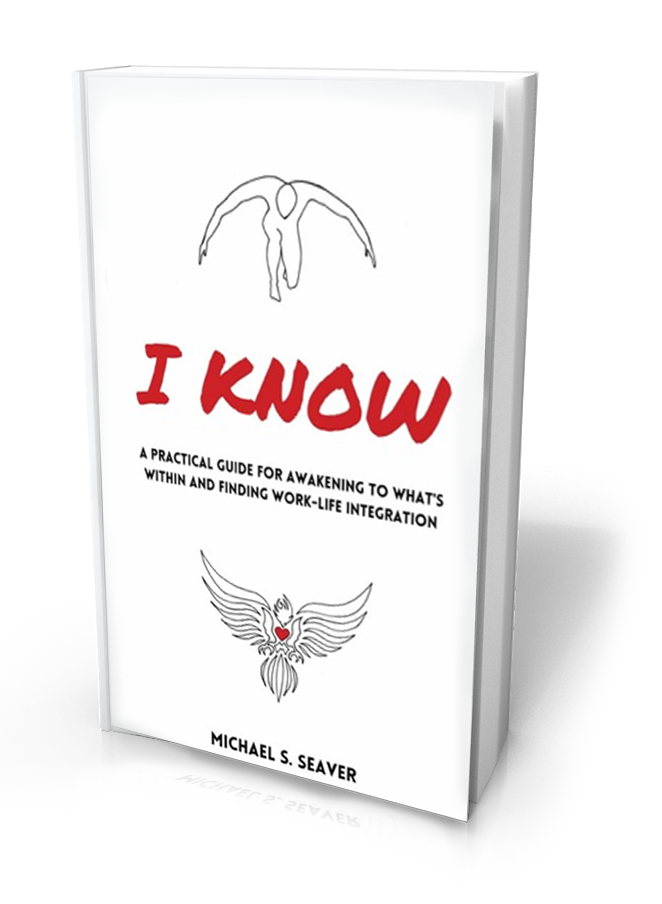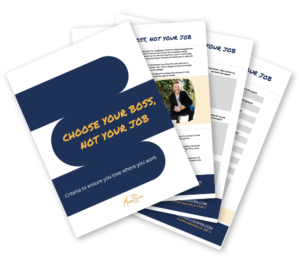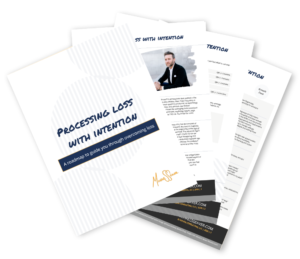A recent study by global brand consultancy Calling Brands entitled “Crunch Time: The Power of Purpose” revealed that a dramatic shift is occurring in how employees view their work. The study found that corporate “purpose” is becoming a new driver of recruitment, employee retention, and productivity. In many cases employees are willing to work harder and work for an employer longer if the intrinsic feeling of purpose motivates them. Think Daniel Pink and his book Drive (if you haven’t read, you must). The RSA, an organization committed to finding solutions to social challenges, did a wonderful animation of one of Pink’s speeches; watch the video here.
The Calling Brands study was an international one, surveying 4,202 people in the U.K., Germany and the U.S. It also found that 57 percent of respondents would favor working for an organization with a clearly defined purpose. Additionally, 65 percent claim that a purpose-driven organization would motivate them to go the extra mile and 64 percent suggested that it would create a greater sense of loyalty towards their employer.
There are still many organizations whose purpose is to focus on the bottom line. However, a shift is occurring. People don’t just want to make money, they also want to be meaningful contributors to their community and take action to respect and preserve the planet. John Elkington coined the phrase Triple Bottom Line in 1994 to help shift the national dialogue away from the shareholder to a sustainable focus on an organization’s stakeholders. More commonly defined as people, planet and profit. Organizations that begin to focus on the triple bottom line will begin to see significant returns.
As you consider your next employer, take time to do your homework on them and ask yourself the following questions:
1. Is their CSR department an integral component of the decision-making process or a media-friendly distraction?
2. Does the organization’s mission, vision, value proposition, and purpose align with your personal purpose and value structure?
3. Are they “out-behaving” their competition?
4. Is the organization providing less “thin” value (stealing benefits from and imposing costs onto future generations) than “thick” value (sustainable, meaningful value driven by the triple bottom line)?
5. In your job, will you be motivated by autonomy, the ability to master your craft, and identifying with a larger purpose in the world?
If your answer to the above questions is “yes”, there is a good chance that the organization has aligned itself around a greater purpose than simply the bottom line.
In the knowledge economy, a focus on the triple bottom line will distinguish purpose-driven organizations and make them employers of choice. It’s not what the organization sells, it’s what the organization stands for.






Connect with me